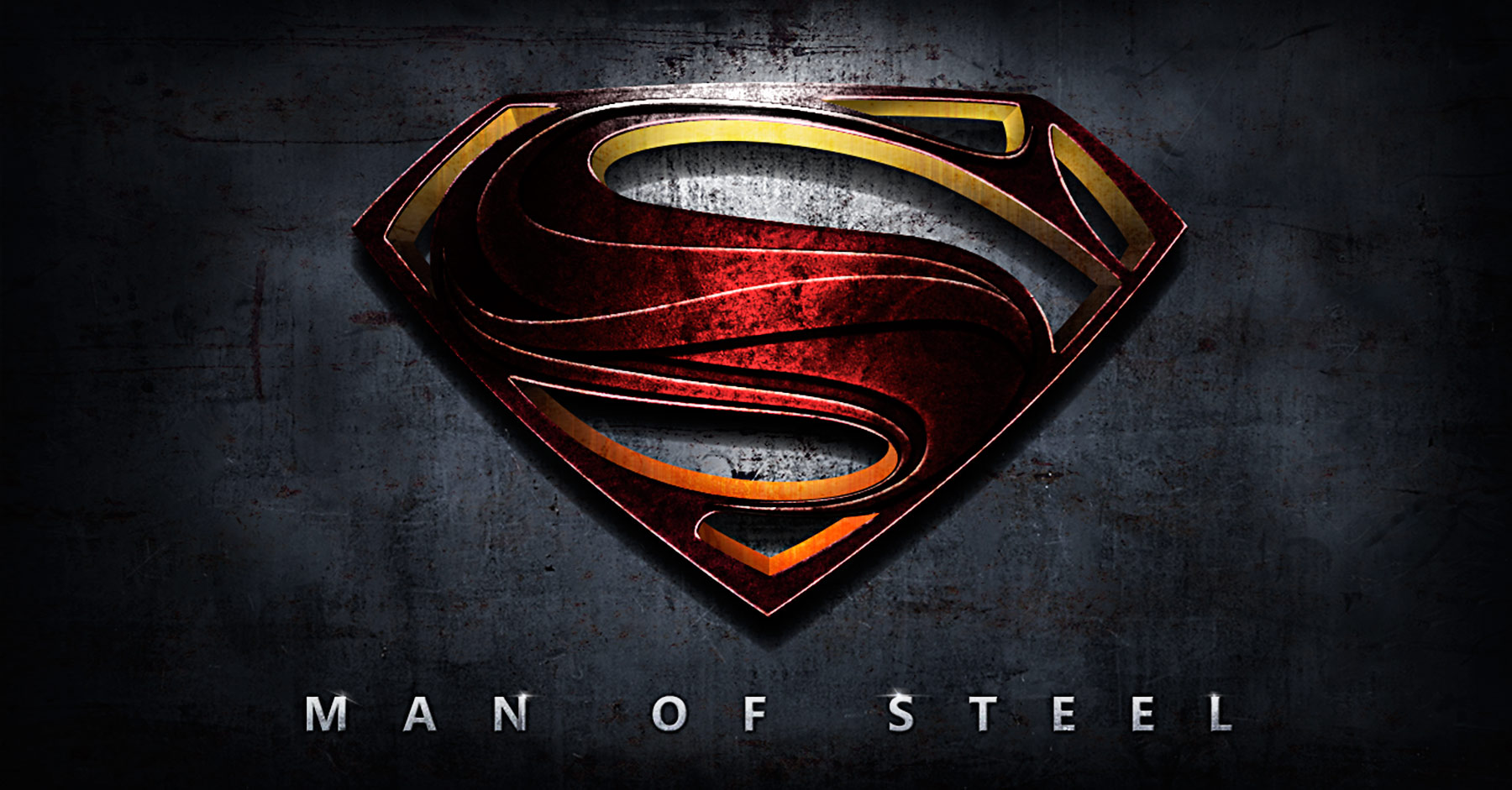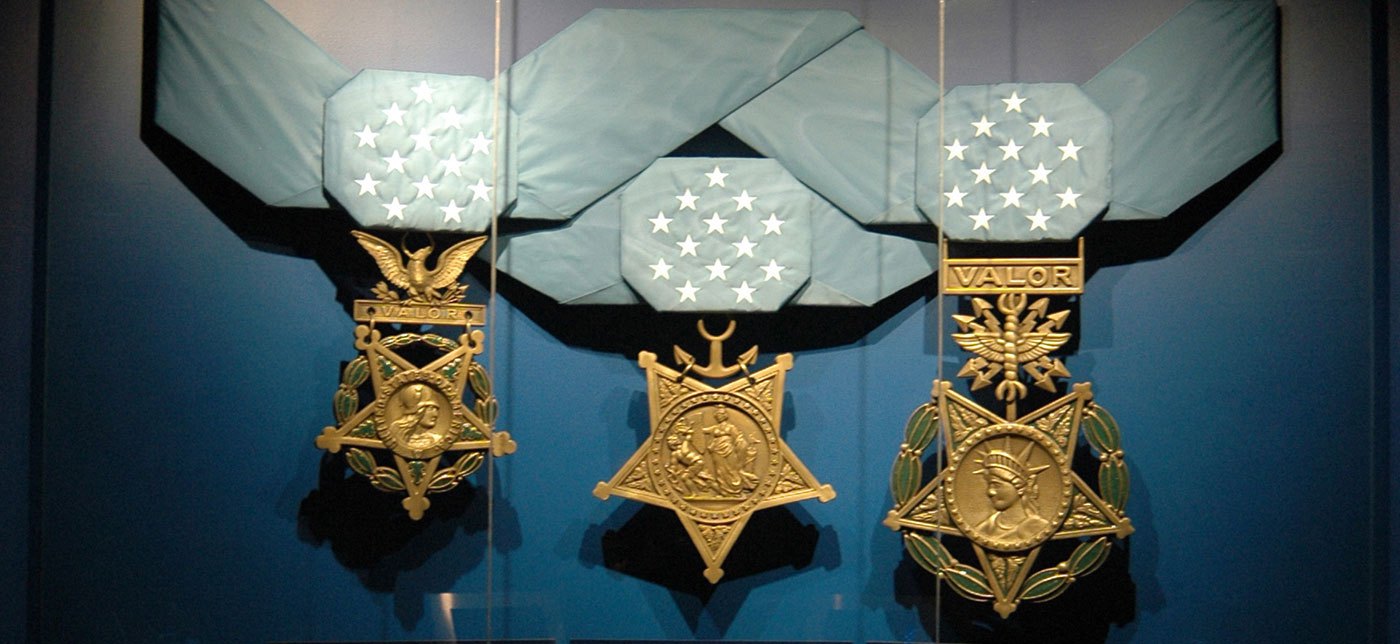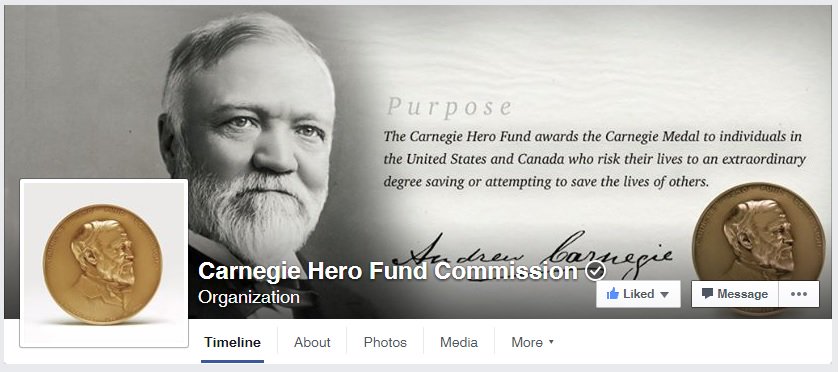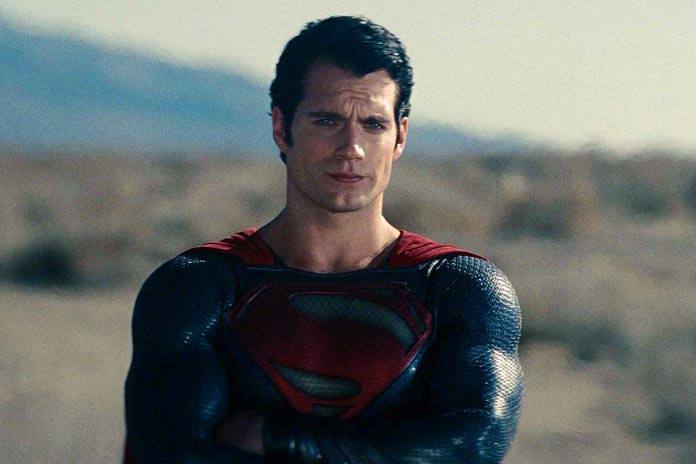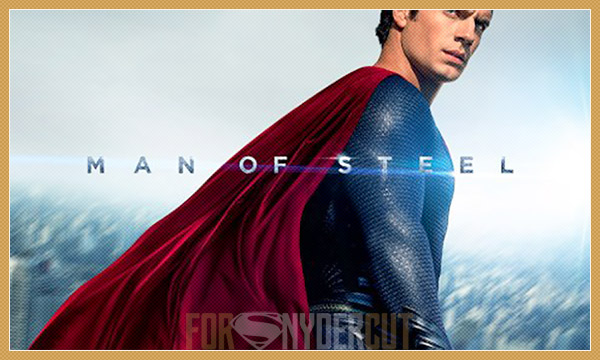
In My Humble Opinion - Superman: Defining Heroism In The Man Of Steel
See more articles like this at NotThePopularOpinion.wordpress.com
Defining heroism in our world and the world of Man of Steel By M.Schinke
Stand up straight and get those hands on your hips, Opinionnerds!
There is a persistent criticism of Superman as portrayed in Man of Steel that the character, by value of his perceived in-actions, is not a hero. More pointedly, he does not act heroically, at least when compared to his functional Marvel equivalent in Captain America. The argument is that because of Superman’s lack of concern for, or actions in regards to, the individual lives during his bouts in either Smallville or Metropolis, that he has failed to fulfill the hero’s mission to save people and protect property from the evils he faces. In contrast, The Avengers showcases the good Captain directing his team and the local police to make sure that civilians caught in the wake of the battle are somehow removed from harms way. This is seen as the mark of Captain America’s heroism and his care for those around him. Divorced of any context this sounds a very damning condemnation for a character that is supposed to be the greatest of all fictional heroes. Superman looks like bruiser just looking for a fight. Of course, that’s if you divorce it from context; but that’s a conversation for another day.
Hero.
The real conversation here is about that word. It’s a word we use a lot; so often that I think we’ve lost track of what it actually means. We apply the word with the same weight in contexts that are wildly different. As time has marched on over the centuries we have re-defined the word to fit a new context while maintaining a firm grip on it’s classic usage, creating a confusingly disparate slurry of definitions that render the word almost meaningless. However, there is an entity that has attempted to place a solid lock on what the word means, at least for their own purposes, that draws a stark line between how we think we’re using the word and what we actually mean when we do.
Where Does Hero Come From
The word hero comes from the Greek word heros (demi-god) and is believed to be derived from the proto-Indo-European root word *ser(to protect), according to the American Heritage Dictionary of the English Language. The classic application of the word is in regard to fictional characters, usually male, of divine origin that were possessed of great attributes such as strength, courage or skill usually employed in service of combat during times of war or when on epic quests. They were meant to be inspirational tales, but what they were meant to inspire may not be what we would consider acceptable today. From the Wikipedia entry;
Stories of heroism may serve as moral examples. However, classical heroes often didn’t embody the Christian notion of an upstanding, perfectly moral hero. For example, Achilles’s character-issues of hateful rage lead to merciless slaughter and his overwhelming pride lead to him only joining the Trojan War because he didn’t want his soldiers to win all of the glory.
This idea of classic heroism places emphasis on the grandeur and spectacle of deed and, as stated above, did not necessarily include the traits of nobility or sacrifice that we have begun to associate with the word.
If you were to look up the word in a dictionary you would find some permutation of the antiquated definition. For instance, a Google definition search returns:
1. a person who is admired or idealized for courage, outstanding achievements, or noble qualities; i.e. “a war hero”
Even though the modern world is no longer a place for grand, fictional flights of adventure and conquest such as the tales of Odysseus, we none the less have the need for heroic figures to entertain us and who we can aspire to be. Over time we began to associate the word with individuals of much less divine origin, looking to ourselves for our heroic inspiration.
Heroes In Modernity
I cannot say for sure when or how the change took place but over the centuries our standard of both hero and heroism began to move away from the conquering slayer of his enemies and began to take on a more pedestrian and, yes, less divine connotation. Here we start to see a division of the application of the idea; an evolution of the original meaning and a new paradigm for heroic accomplishment. Whereas we once looked to fictional heroes to admire their great accomplishments we now look to ourselves and elevate the victories of those among us. Like the antiquated definition we apply this concept to those who are possessed of great skill and accomplish great deeds. But the nature of those elements has changed with out modern context. Among those that are now in consideration as heroes you’ll find athletes, musicians, astronauts – anyone who has accomplished a difficult or challenging task that requires great skill, strength or intellect. In this we also find the word applied to those we feel are highly inspirational or noble, people whose outlook or behavior we aspire to emulate.
At the same time, the idea of heroism as an act began to take on a more tangible form; being defined by deeds in our real world that involved the rescue or safeguarding of lives. In his book The Heroic Heart: Greatness Ancient and Modern, author Tod Lindberg charts the evolution of the concept of heroism along the with changes in how the United States Congressional Medal of Honor has been awarded. The medal, which is the highest military honor that can be granted, is awarded to those who have been considered to have accomplished deeds of great valor. Lindberg notes that over the decades the number of medals awarded for acts involving rescue or the safeguarding of lives has increased over those awarded for other, violent military actions. The author notes that this signals a shift in how we regard the concept of heroism in the US and what value we place on it. After the events of September 11, 2001 which saw a grave attack on US soil, we began to see an upswing in the spread of this applied definition of hero in regards to police officers, firefighters, EMT’s and other first responders. Because of the potential risk involved in the carrying out the duties of their proffessions these individuals are granted hero status, at least anecdotally.
Recognizing Civilian Heroism
In 1904, Andrew Carnegie started the Carnegie Hero Fund Commission in the wake of a major coal mine disaster to recognize acts of heroism performed by civilians and to provide financial support to those in receipt. In order to designate who could be nominated for this grant the commission had to develop a set of conditions to govern the process. Their definition of what constitutes an act of heroism is specific to their mission but it does offer a concrete set of defined parameters for what constitutes a heroic act. From the page on nomination from the commissions website:
Requirements for A Carnegie Medal
A civilian who voluntarily risks his or her own life, knowingly, to an extraordinary degree while saving or attempting to save the life of another person is eligible for recognition by the Carnegie Hero Fund Commission.
Responsibility
The act of rescue must be one in which no full measure of responsibility exists between the rescuer and the rescued. Persons not eligible for awards are: Those whose duties in following their regular vocations require them to perform such acts, unless the rescues are clearly beyond the line of duty, and members of the immediate family, except in cases of outstanding heroism where the rescuer loses his or her life or is severely injured. Members of the armed services and children considered by the Commission to be too young to comprehend the risks involved are also ineligible for consideration.
In this we have a set of rules that put a number of conditions on what constitutes a heroic act that I think is not only fairly comprehensive but also supports the concept of heroism as an extraordinary act performed by ordinary people without training, equipment or compensation; an act done with courage for no reason other than the person carrying it out sees a need for it to be done.
The Super-Hero
Marvel Comics legend Stan Lee in his book What Is A Super Hero defined the super hero as a person who performs a heroic deed in a way that a normal person can not. So the idea is you take, say, rescuing a kitten from a tree, throw in some super powers and now you have a super heroic action. What I have been seeing in my conversations and discussions is, more than just having powers and doing good deeds, a super hero must meet all of the above conditions. Their deeds must include the protection of life, they must possess some great skill or ability and they must be an inspirational or aspirational figure. It would appear that any character that deviates from this list of traits is considered at best a lesser hero and, at worst, an anti-hero. It stands to reason that a super-hero should be able to carry this super-burden to be all these things. My question becomes; must they exemplify all of these traits at all times?
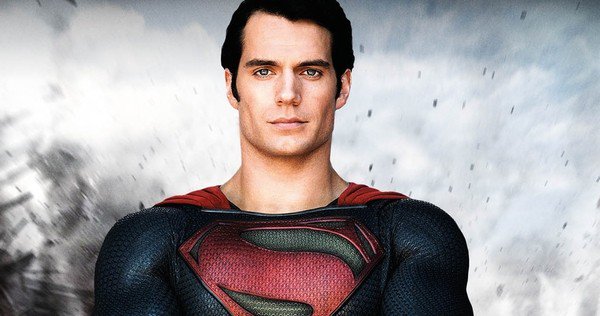 Superman, Man Of Steel And Heroism
Superman, Man Of Steel And Heroism
So we’ve now come full circle on this entries topic; is Superman, as portrayed in Man of Steel, a hero or acting heroically? I’d like to examine that question by taking a look at one of the more controversial (among critics) scenes in the film; the Smallville fight. We set our scene by remembering that Clark has just rescued Lois Lane from a Kryptonion escape pod, ejected from a ship in orbit where they were both being held captive by Zod. Clark hears his mother in trouble and quickly flies to her aid, hitting his opponent Zod at speed and battling him as the fly away from his mothers farm. After smashing through a grain silo that explodes – for some reason – the pair crash land in the middle of downtown Smallville where Clark proceeds to battle two other Kryptonians while avoiding harming the US military who have arrived to put a stop to all the aliens; including him.
We’ll begin with the first act that Clark performs in this sequence of events; knowingly putting himself in harms way to safeguard the well being of another person. Many people have attempted to downplay the value of this action because the person in harms way is his mother. While this may disqualify him from the Carnegie award in this particular case, it’s still an act of heroism on his part. This is, as far as we know the first physical altercation he has ever been in and there are, potentially, three enemies he may have to face. Clark is knowingly, and willingly, going into this conflict under prepared and outgunned. Now it is absolutely true; the impact and subsequent flight do take Clark and Zod into downtown Smallville and there is an amount of collateral property damage. But as far as I have been able to tell no definition of heroism calls for the preservation of property; and I defy anyone to point to the movie and show me any depictions of civilians who were harmed during this event. And while Clark may be dealing with the immediate threat to his mothers safety, please bear in mind that he just very recently learned that Zod is planning to wipe out all life on the planet. So attacking Zod isn’t just about protecting his mother; it is possible to have more than one reason for performing a single act. At every turn, and at every opportunity, Clark is fulfilling all of the requirements of both heroism and super-heroism as laid out in the sections above.
It must be noted and recorded that the fight in Smallville was not a fight that Clark instigated. His scrape with Zod had been brought to an end when he was blasted by fire from a Kryptonian landing craft. That craft scoops up Zod and, if all the Kryptonians had left, that would have been the end of things. However, Faora and Nam-Ek decide to start a new conflict, one that ends up involving the US military. The involvement of the military means that no matter where the fight happens there is going to be a risk of human casualties and, in fact, the only humans depicted in danger during this conflict are soldiers; and none due to any of Clark’s actions or a failure to act. Before the fight even begins the military opens fire on Clark, Faora and Nam-Ek. This arms fire tears up the street around them and, before this fight is over, the military will have crashed a gunship, two helicopters and exploded a missile in the downtown area leading to the greater majority of the damage the town experiences. During the confrontation, Clark will have to defend himself from the Kryptonians, defend himself from the military, protect the military from the Kryptonians and protect the town from both. It has been correctly noted that Clark did not attempt to right away lead the Kryptonians away from the town but there is an assumption being made that he knows they would seek to follow him, as well as an assumption that they actually would follow him. At this point in the movie no one has yet learned that Clark carries the Kryptonian codex, the genetic database for the Kryptonian people, within his cells. Zod isn’t informed of this until after he has been returned to his ship, well after the fight has ended; and in fact Clark never learns this information. There is simply no possible way that Clark could know whether or not the Kryptonians would follow if he left Smallville; it just isn’t possible. All he knows is that if he stays he can at least try to protect the town and the soldiers placing themselves in harm’s way.

If there is one single act that alone sums up all of this heroism it would be Superman vs The World Engine. Let’s extend a metaphor; the World Engine is a gun, the gravity beam a bullet and the Earth a single living creature in that bullets path. To perform this rescue, Superman must leave a position of relative safety on the other side of the planet and risk, “his or her own life, knowingly, to an extraordinary degree while saving or attempting to save the life of another person”. He chooses to do this even though, “no full measure of responsibility exists between the rescuer and the rescued.” He performs this act with great courage, strength or skill like the hero’s of antiquity. When confronted by the fact that he will be placed in mortal danger near the altered atmosphere around the World Engine he responds that he’s, “not about to let that stop me from trying”, which I would say demonstrates great care for the life of the, “person” and is a trait that should be reasonably be considered, “inspirational”. By stepping in front of this metaphorical bullet he nearly loses his own life to protect this, “person” called Earth. Upon his return to Metropolis, Daily Planet employee Jenny remarks, “he saved us”; and she would be one hundred percent correct as Superman’s act preserved the life of, “person” Earth and everyone on it. Then, as if this weren’t enough, Clark has to step in front of another bullet in an angry, desperate Zod.
Bring It Back To Me
Literally from his first scene in the movie, Clark is fulfilling all the requirements of being both hero and super-hero up to, and including, being an admirable and inspirational figure or at least exhibiting the qualities there of. He doesn’t make speeches or teach moral lessons. If he were out there trying to tell people how to live their lives he would be invalidating the story of the movie and it’s major theme, which are both about choice. By his very actions he should be seen as inspirational because he is a civilian who, bearing no responsibility to do so, does what needs to be done to help others because he can and it’s right. He does this right thing despite the risks impressed upon him, and us, by the movies text. He may not be risking his physical safety at all times but every time he uses his powers to help someone he risks exposure and, whether anyone in the audience wants to accept it or not, the movie is telling us that risk carries powerful consequences. That is the storytelling of this movie; no one has to either like or agree with it but to argue with it is pointless. This is the world this Superman lives in not because I say it’s so, but because Johnathan and Martha Kent, Lois Lane, Perry White, General Swanwick, that douche bag blogger, Colonel Hardey and even Kal-El’s birth mother Lara all say it is. The reality of that means that every time Clark steps up to help either by saving a group of workers from a burning oil rig or by getting in front of a man sexually harassing a waitress in a crappy bar in Canada, he takes a very real risk; and that is what heroes do.
I suppose the question is whether or not the acts of heroism performed are commensurate with what people expect from Superman and, honestly, I can’t answer that question. I feel what we were given in the context of this film was appropriate. It’s not better, worse, right or wrong; it just is. I’ve seen people comment that the depictions of heroism in this movie is just, “standard, generic hero stuff” and that Superman should be shown to be more than that; that he should be shown to be glad, even grateful, to help those in need. Another assertion is that Superman should have been depicted helping people in need during his fights to illustrate that he is about more than just punching things. I would point out that this is accomplished during the Smallville fight, but I suppose rescuing soldiers doesn’t mean as much as rescuing civilians. In order to illustrate this during the Metropolis fight the movie would have to actually depict people in need of rescuing; going out of its way to showcase people in peril only to have Superman rescue them. However, for there to be any drama some of those people would have to be lost either to Zod’s actions or to Superman just not being able to get to them in time, otherwise you have moved beyond storytelling that provides new information about the story or characters and are now just pandering to the audience; and I’m honestly not sure which approach I consider worse. Even though we have numerous depictions of Superman’s desire and willingness to put himself in harm’s way for the safety of others it simply wasn’t enough to convince some viewers of his heroic legitimacy. I don’t know. It’s a relevant conversation to have but the banging of that drum unfortunately drowned out any potential discussion of what is actually on-screen with noise about whether or not what isn’t there, “should” have been. There is a lot to examine in terms of the nature of heroism and what it is that makes an act heroic, or a person a hero, in this film. Maybe the character as depicted in the movie isn’t, “Superman” but by any measure he is a hero, and that should be recognized. Maybe someone should build a statue to honor his heroic actions.
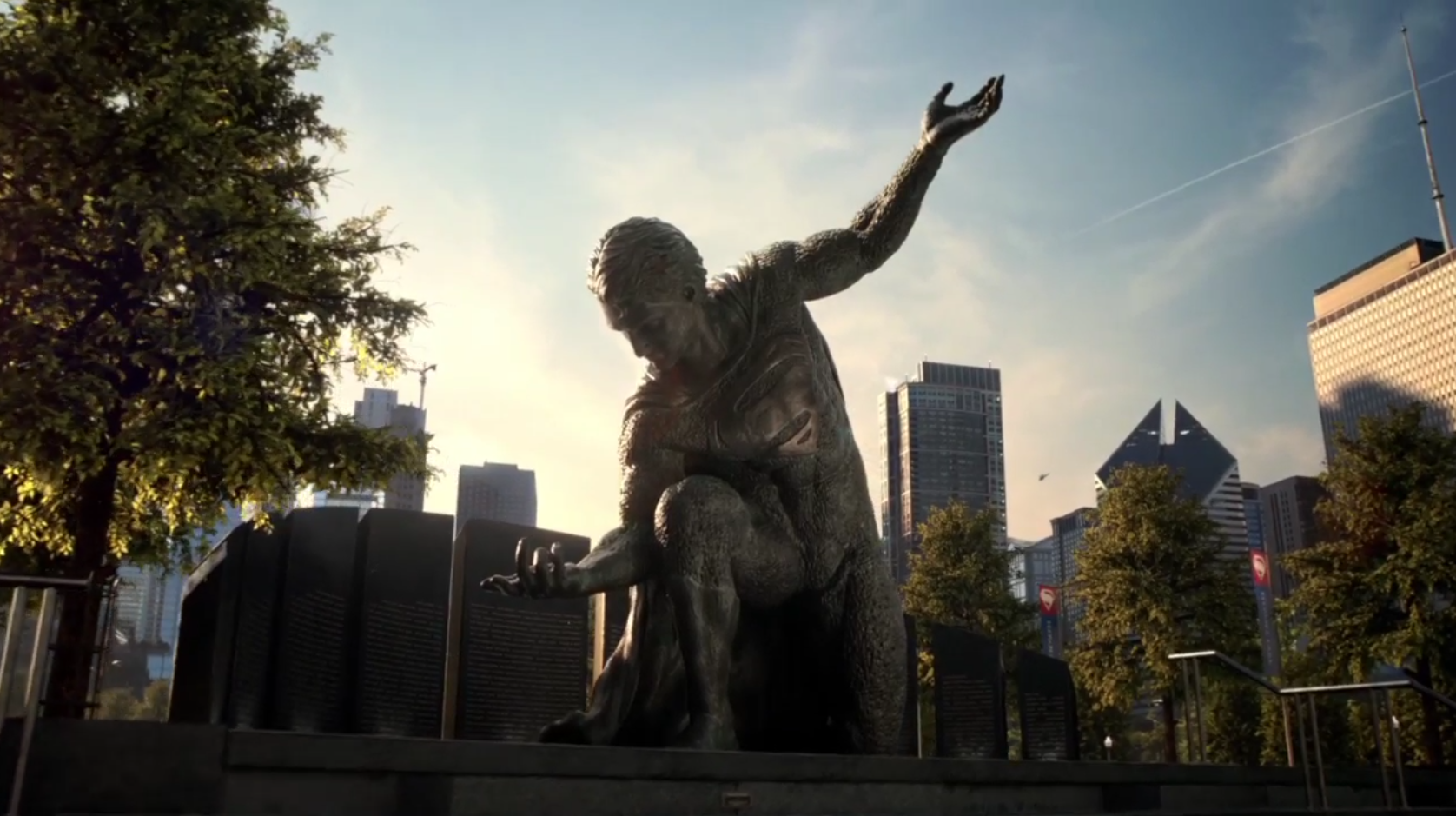
But we only build statues for heroes, right?
Clever endings aren’t my bag.
Laterz
Man of Steel is available on 4K UHD Blu-Ray from Amazon
(Follow *NotThePopularOpinion on Twitter @Only_Grey)
Share the post "In My Humble Opinion – Superman: Defining Heroism In The Man Of Steel"

